North Korea slams IAEA for Fukushima's treated water approval
North Korea has strongly denounced the International Atomic Energy Agency (IAEA)’s approval of Japan’s plan to discharge treated water from the Fukushima nuclear plant, calling it “evil” and “anti-humanitarian."
Pyongyang called on the international community to stop Japan from releasing treated water from the Fukushima nuclear plant into the ocean.
“The just international community must not sit and watch the evil, anti-humanitarian and belligerent action by the corrupt force that is trying to disrupt humanity’s home of the blue planet – and must unite to thoroughly stop and destroy them,” the country’s Land and Environment Protection Ministry said in a statement on Sunday.
North Korea also said the IAEA’s backing of Japan’s plan was “unjust” and showed “extreme double standard,” citing the UN nuclear watchdog's work to curb Pyongyang's nuclear program.
The statement came after the director-general of the IAEA, Rafael Grossi, said that Tokyo’s plan was safe and in line with international standards for environmental safety.
“It is absolutely logical that Japan's plan to release treated radioactive water from its Fukushima nuclear plant is attracting great interest in the region,” Grossi added.
He made the remarks during a meeting with South Korea’s opposition Democratic Party members on Sunday who criticized the IAEA’s findings, saying they had shortcomings and the public concerns over safety in the country were legitimate and reasonable.
Last Tuesday, the IAEA said a two-year review showed that Japan's emissions program would have negligible impacts on the environment.
The decision was met with angry protests and street rallies by South Koreans upon the arrival of Grossi to the capital Seoul on Friday, as protesters claimed that the IAEA report was “unbelievable “ and “insufficient.”
Concerns were also raised in other neighboring countries, as China decided to extend the ban on food imports from 10 Japanese prefectures including Fukushima, announcing it would also strictly scrutinize documents for food, especially aquatic products, from other parts of Japan, customs said in a statement.
Meanwhile, Japan's nuclear regulator on Friday has given Tokyo Electric Power Co. (Tepco), which operated the crippled Fukushima Daiichi nuclear power plant, permission to begin releasing more than one million tons of radioactive water. The certificate is the last step, the tool needed to start the process.
The 2011 disaster caused the plant’s reactor cores to overheat and contaminate water within the facility with highly radioactive material.
Since then, new water has been pumped in to cool fuel debris in the reactors. Ground and rainwater have also leaked in, creating more radioactive wastewater now measuring 1.32 million metric tons.
Japanese authorities have maintained that the release is necessary as space runs out to contain the contaminated material and the move would allow the full decommissioning of the Fukushima nuclear plant.
Iran: Israeli violations main obstacle to peace, security in Syria
Indian author pulls out of Berlinale over jury’s ‘unconscionable’ refusal to comment on Gaza
Bangladesh Nationalist Party secures victory in general election
VIDEO | British High Court rules against ban on Palestine Action Group
Tehran urges ‘serious’ revision in EU ‘unconstructive’ approaches
Hamas slams Israeli settlers’ ‘criminal aggression’ in West Bank
VIDEO | Press TV's news headlines
VIDEO | Iran launches 'Holy Qur'an Does Not Burn' campaign to restore mosques damaged in unrest


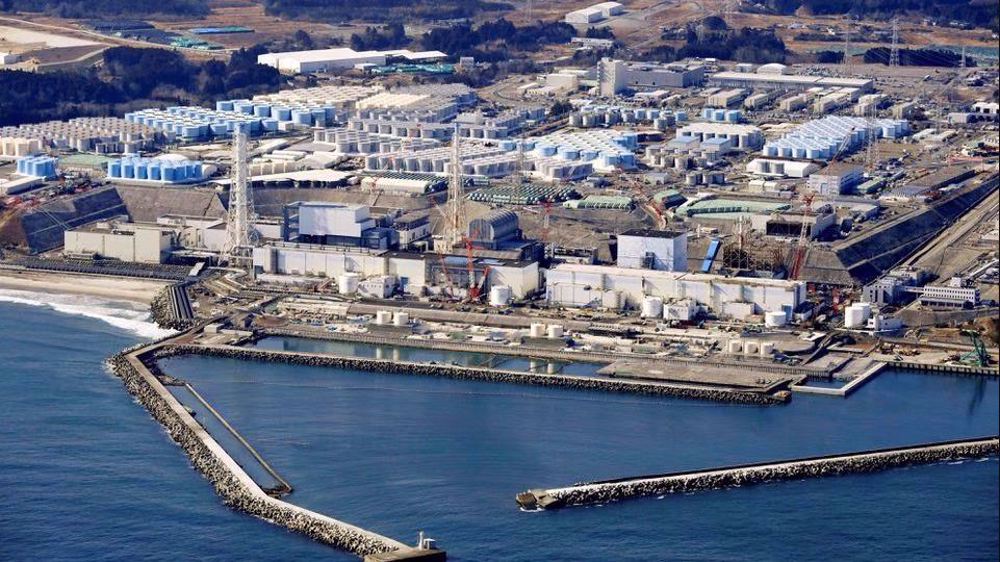
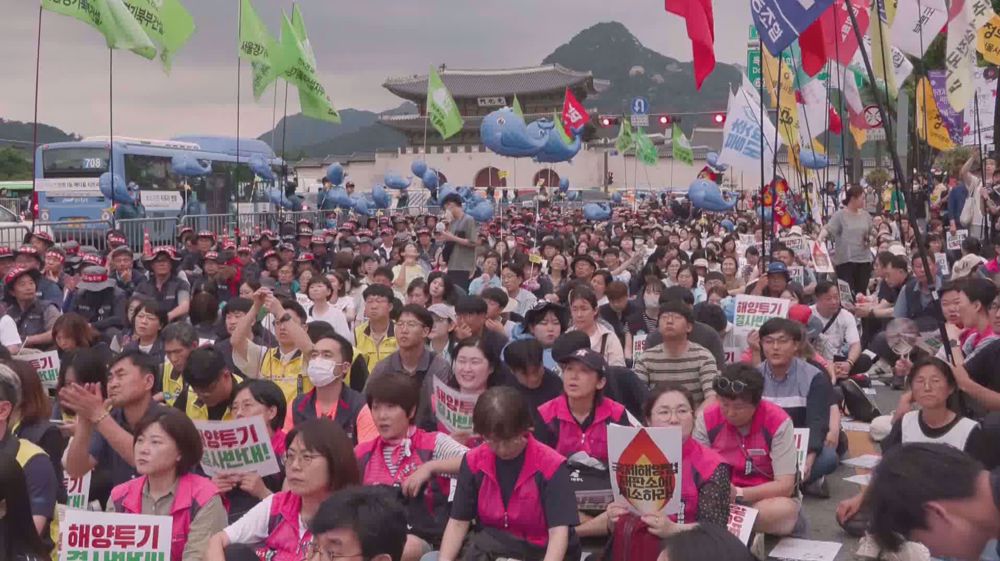
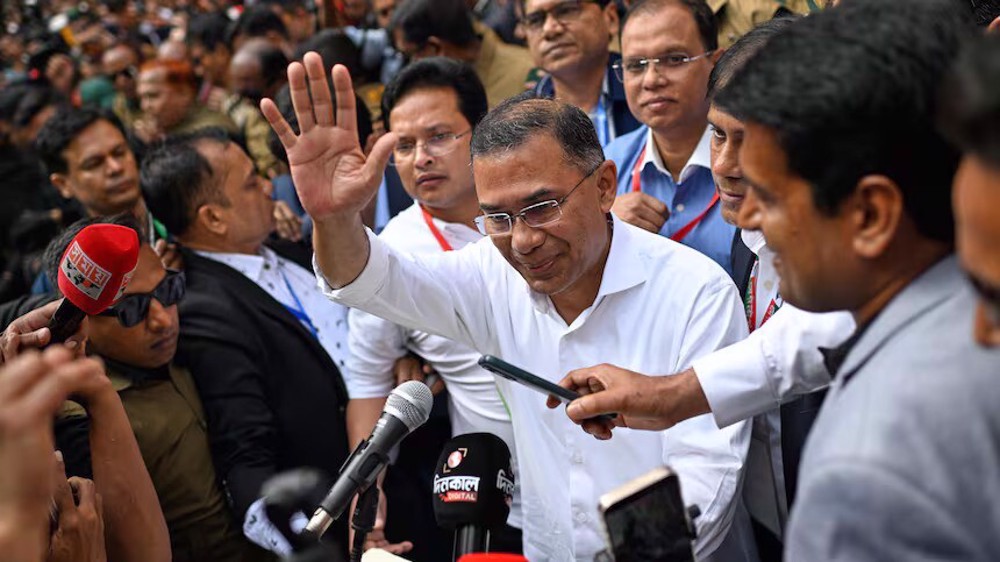
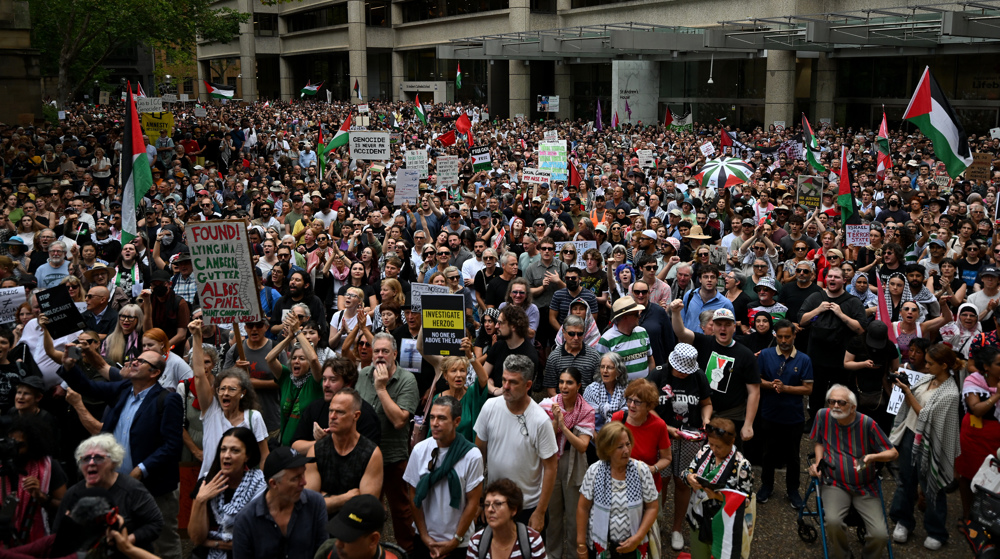
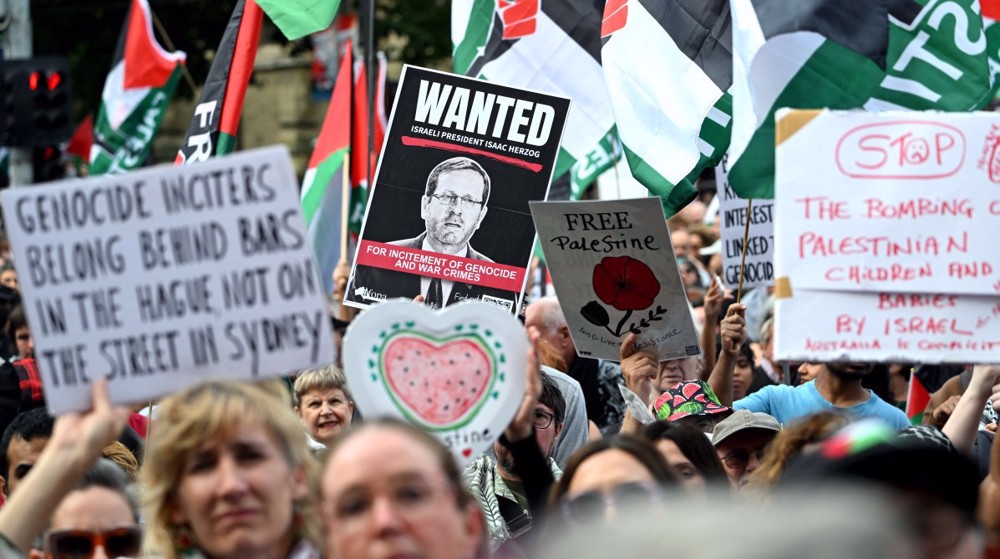




 This makes it easy to access the Press TV website
This makes it easy to access the Press TV website